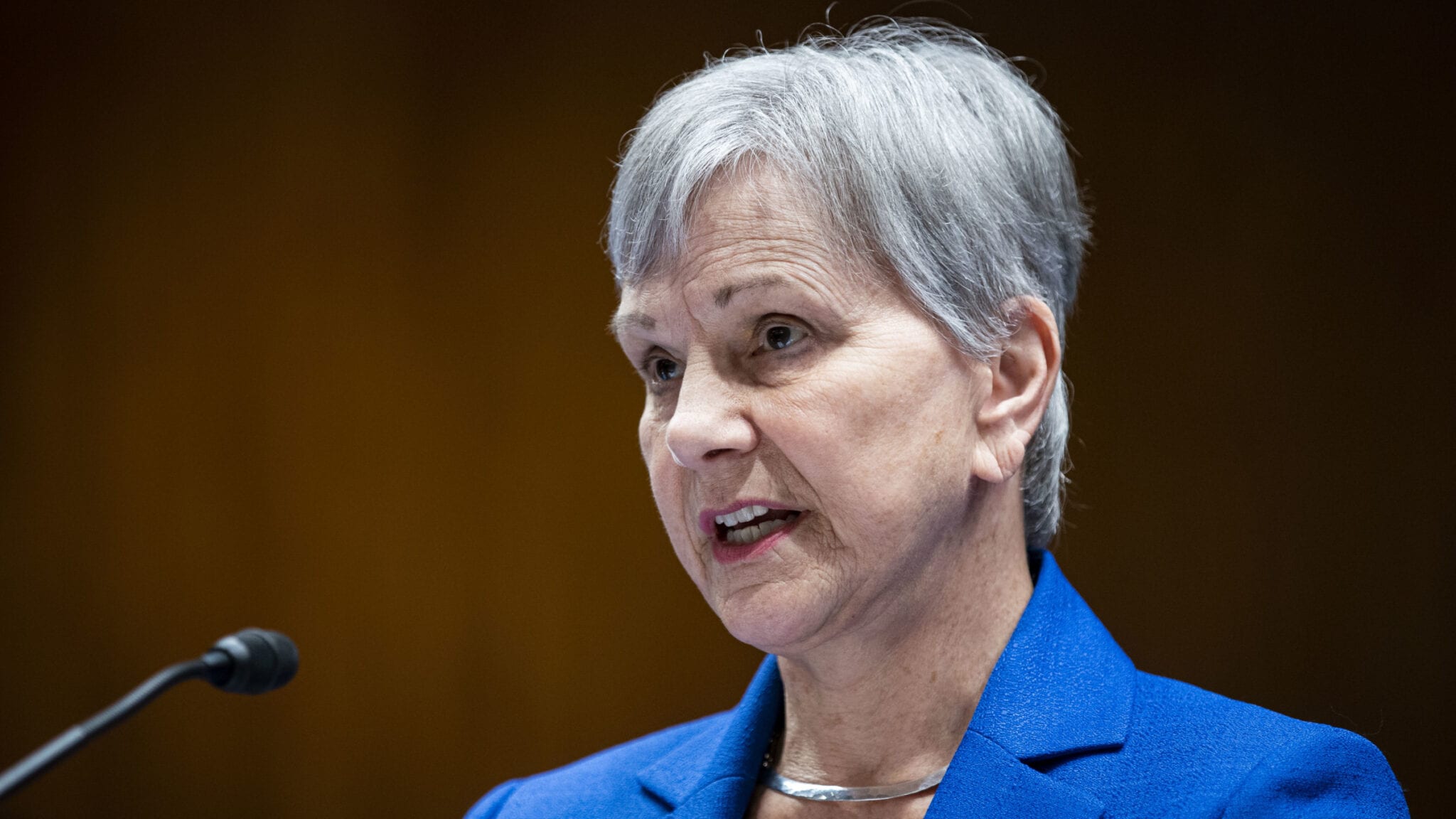
Janet Woodcock, acting FDA commissioner (Al Drago/Bloomberg via Getty Images)
FDA permanently lifts in-person requirements for dispensing abortion pills
Since the pandemic began, the FDA has allowed women to access the abortion drug mifepristone via the mail, making it easier for them and ensuring …
Sign up to read this article for free.
Get free access to a limited number of articles, plus choose newsletters to get straight to your inbox.